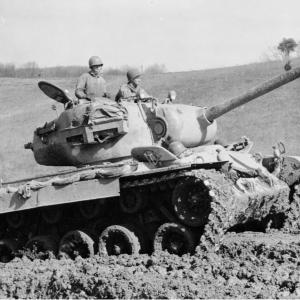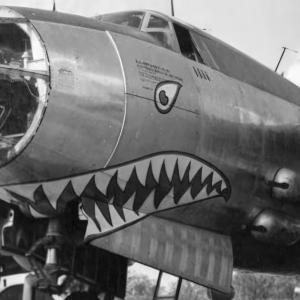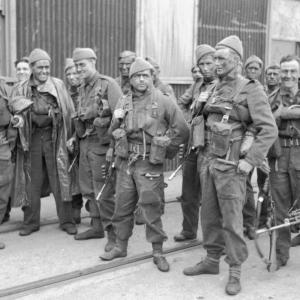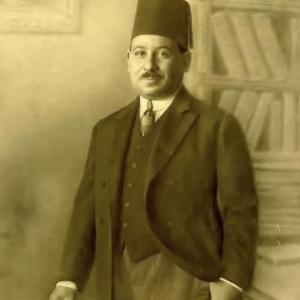
Fritz Von Lossbergh
Fritz von Lossberg was born on 30 July 1868 in Bad Homburg vor der Höhe, into a conservative Prussian military family that expected discipline, loyalty and administrative competence rather than flamboyance. His upbringing was typical of the Prussian aristocratic officer tradition; from an early age he was surrounded by staff officers, bureaucratic thinkers and professional soldiers rather than battlefield heroes. The Lossberg household emphasised precision and readiness for duty over romantic notions of war. As a teenager he followed the classic route into the Prussian Cadet Corps, not as a future cavalry charge leader but as an analytical mind intended for staff service. He showed exceptional aptitude for operational planning and war‐theory study rather than field command in the Napoleonic sense.
He was commissioned into the infantry in 1887 and moved quickly into the staff branch of the army, attending the Prussian War Academy where future general staff officers were selected by sheer analytical ability. He entered the German General Staff as a full member in 1894. For the next twenty years his career was shaped not by regimental glory but by meticulous planning and a total mastery of defensive doctrine. Lossberg became the ideal staff officer: not flashy, rarely speaking publicly, but utterly trusted by senior command to solve impossible crises with calm precision. He was an expert in elastic defence long before 1914. On the eve of the First World War he was already at the centre of operational thinking though little known even within the higher officer corps.
When the war began in August 1914 he served first with the Second Army on the Western Front. His reputation was made not in a single moment but in a series of staff interventions where he stabilised collapsing fronts. At Ypres in late 1914 he helped formulate immediate countermeasures to halt British assaults, improvising defensive organisation before entrenched systems even existed. In 1915 he was again dispatched to bolster threatened sectors in Flanders and Artois. Lossberg did not invent German elastic defence doctrine single‐handedly, but he refined it into the practical form used by the German army in 1916 and 1917. He insisted that frontline positions must be thinly held, that counterattacks be timed precisely from depth and that local autonomy be granted to forward commanders — provided the staff officer had engineered the overall structure in advance. He did not seek offensive opportunities but specialised in denying them to the enemy.
By 1916 he was chief of staff of the Fourth Army under the cautious Duke Albrecht of Württemberg. During the Battle of the Somme he was briefly redirected to the First Army to rescue its failing line. His interventions there and at Verdun were so effective that he became known informally as the fireman of the Western Front — a staff officer sent wherever the crisis was worst. His greatest achievement was arguably during the 1917 Battle of Passchendaele where the British sought a breakthrough in Flanders. Lossberg refused German requests to abandon the ridge and instead organised a layered defence that traded ground flexibly while preserving fighting strength. His method successfully exhausted British momentum. He was promoted to General of Infantry in 1918 and became one of the highest ranking staff officers in the field, effectively shaping the final German defensive strategy until the armistice.
Lossberg was not a political general and rarely interfered with overall strategy unless it endangered the integrity of defensive operations. He stayed out of disputes between Hindenburg and Ludendorff and avoided public notice. When Germany collapsed in late 1918 he simply followed orders to withdraw. After the war he joined the small Reichswehr in an advisory capacity but retired shortly afterwards in 1924. He spent his remaining years in quiet obscurity, writing a major memoir titled Meine Tätigkeit im Weltkriege, which became the principal insider account of German front-level defensive operations. He rejected the myth that Germany had been betrayed from within and instead focused on operational realities.
Fritz von Lossberg died on 6 May 1942 in Lübeck. He had never commanded armies in the classical sense, yet his influence on German warfighting doctrine was immense. He reshaped the practical application of defence in depth during the most violent fighting in the West. Silent, unshowy and relentlessly professional, he was the definitive German general staff officer of the First World War.










